Summary
- Anime and hip-hop interact constantly, and have both been vital to each other’s growth as media.
- Carole and Tuesday’s collaboration with Denzel Curry highlights anime’s inclusivity and genre-crossing appeal, not to mention the medium’s willingness to work with its proponents.
- Lupe Fiasco’s “Tetsuo & Youth” album reflects the seamless connection between anime and hip-hop through well thought-out thematic elements.
Anime’s best quality is undoubtedly its versatility as a storytelling medium, with each year bringing its share of brilliant titles that delve into plot lines ranging from the realistic to the ridiculous. Pretty much any subject can be explored through anime should that exploration be creative enough, and some of the most enjoyable anime titles bring the medium into contact with another discipline or form of art.
The DANDADAN opening, “Otonoke” by Creepy Nuts, was one of several instances of anime being highly compatible with the American counterculture that has dominated the scene since the 1990s: hip-hop. Here are some of the best collaborations between anime and hip-hop, and by now, most fans already know to expect a certain classic. For the most part, this list will be an attempt to talk about collaborations that people haven’t been popular reference points in similar discussions in the past.

RELATED
Samurai Champloo: An Edo Japan And Hip-Hop Connoisseur’s Dream
Samurai Champloo perfectly blends Edo-era aesthetics with hip-hop, giving the series a unique style that’s tough to replicate.
Samurai Champloo
The Obvious One
This one almost goes without saying. The impact of this one anime’s opening on music, not to mention the medium of animation, is huge, but the hip-hop collaboration in this case is not only “battlecry” by Nujabes (RIP) featuring Shing02, but Samurai Champloo in its entirety. The show’s visual identity borrowed heavily from the “street” aspects of hip-hop culture, especially in the 1980s and 1990s, with concepts like breakdancing and graffiti leaning the series into a more ’90s hip-hop feel.
Directed by the legendary Shinichirō Watanabe of Cowboy Bebop fame, and produced by the once-influential, now defunct Studio Manglobe, Samurai Champloo goes down as a classic and a triumph of storytelling and animation, with its episodic format lending itself to very interesting explorations of the characters’ relationships. It was Manglobe’s debut TV anime project, going down as one of the most influential titles of its time. More clued up fans will know about Samurai Champloo’s direct connection to the conception and eventual creation of the animated adaptation of Aaron McGruder’s The Boondocks.
The show’s soundtrack is perhaps one of the most celebrated aspects of Samurai Champloo, produced by the legendary Nujabes in collaboration with Shinji “Tsutchie” Tsuchida of Shakkazombie, Fat Jon, and Force of Nature; each selected by Watanabe over suggestions for Cowboy Bebop composer and legend, Yoko Kanno.
Watanabe had long planned to combine hip-hop with Edo Japan, and wanted to have professional hip-hop artists compose the soundtrack, including a professional DJ to do the scratches that are heard during each episode’s eyecatch. The soundtrack would come to be identified as an early form of lo-fi hip-hop music, making Samurai Champloo an extremely important moment in anime and music, and perhaps ground zero for an entire musical movement in one of the most celebrated, not to mention the best-executed, collaborations between anime and hip-hop in history.
Carole and Tuesday
The Inclusion of Denzel Curry
2019 saw the release of Carole and Tuesday, an original music anime project created and directed by, yep, you guessed it, Shinichirō Watanabe. The series was produced in celebration of Studio BONES’ 20th anniversary, as well as the 10th anniversary of the record label, Flying Dog.
Carole and Tuesday is set in a future where humanity has partially colonized Mars, and advancements in artificial intelligence and other technologies have completely altered the musical landscape, but a pair of teenage girls from completely different backgrounds meet by chance and become the singer-songwriter duo Carole and Tuesday, creating 100% human-made music. The series has been acclaimed for its music, art, animation, writing, setting and themes, and was awarded “Best Score” at the 4th Crunchyroll Anime Awards.
The soundtrack featured a diverse range of sounds and artists, including the likes of Madison and Taylor McFerrin, Flying Lotus, Thundercat, and the rapper Denzel Curry, who played Carole’s childhood friend, the rapper Ezekiel. Curry, best known for his aggressive style of rap, lyrical ability, artistic versatility, and energy. Curry performed two songs for Carole and Tuesday as Ezekiel, “Crash the Server” and “Lonestar Jazz”, both of which were highlights of the series’ soundtrack, but beyond that, the very inclusion of Denzel Curry in such a project aligns with the artist’s own interests. A big fan of anime, comics, and video games, Curry’s lyrics often contain incredibly well-written references to the aforementioned media.
Killer, killer, killer, hit list like Death Note, autographed by Justin Bieber, the future like HR Giger, Left hollow like Ichigo, Grim Reapers and Soul Eaters…
– Denzel Curry, “Dark Tournament”
Megan Thee Stallion’s “Otaku Hot Girl”
From the Mouth of Yuji Itadori Himself
Megan Thee Stallion might come up a few times on this list because she’s definitely one of the few artists who has so wholly combined their music with their love for anime and has done so consistently throughout her career, even prior to her meteoric rise. In her self-titled album released in 2024, the rapper showcases her love for anime again by doing something that might not have been done before: she got a voice actor to speak on the intro to her track “Otaku Hot Girl”, a clear reference to her obsession with anime and her “hot girl” catchphrase popularized by her viral 2021 song, “Hot Girl Summer”.
The voice actor in question is none other than Adam McArthur, the English dub voice of Jujutsu Kaisen protagonist Yuji Itadori, who says the hilarious line from Yuji’s first meeting with Aoi Tōdō after he asks about Yuji’s preferences when it comes to girls. In the series, Yuji describes his type as a “tall girl with a big butt”, identifying his celebrity crush as Jennifer Lawrence, but in “Otaku Hot Girl”, the tall girl in question is Megan Thee Stallion, which aligns with her identity both as a big fan of anime, Jujutsu Kaisen and also the idea reflected in the “Stallion” part of her stage name. The track also apparently samples the soundtrack “JUJUTSU KAISEN” by Hiroaki Tsutsumi and Alisa Okehazama.
Afro Samurai
The OTHER Obvious One
Despite coming out in roughly the same time period as Samurai Champloo, the influence of Afro Samurai hasn’t quite persisted in the same way. Older anime fans couldn’t escape this series in the 2000s and early 2010s as it came heavily recommended alongside Samurai Champloo. While Champloo fused Edo Japan with hip-hop, Afro Samurai can be better described as a series that is evidence of anime’s influence on hip-hop and vice versa, with the Wu-Tang Clan’s RZA contributing hugely to the soundtrack, and Samuel L. Jackson as part of the cast. The permeation of themes commonly found in the counterculture that is hip-hop.
Tetsuo & Youth
One of Lupe Fiasco’s Most Interesting Projects
Another instance of anime-inspired hip-hop, Lupe Fiasco’s “Tetsuo & Youth” album from 2015 is perhaps one of the biggest examples of the inseparability of anime and hip-hop, particularly because it’s a project from one of hip-hop’s greatest ever lyricists. A name that could have held mainstream attention for over a generation had it not been for label politics, Lupe Fiasco has constantly found himself at the nexus: bridging the love for hip-hop with various other countercultures and “niche” interests.
From “Kick, Push”, the most famous odes to skateboarding ever made, to his Lupin III reference on Kanye West’s “Touch the Sky”, not to mention the vast number of topics to which he has made reference over the course of his illustrious career, Lupe Fiasco’s approach to his Tetsuo & Youth album is an excellent addition to the rapper’s long list of appreciations.
Perhaps Lupe Fiasco being connected to anime was inevitable, given his proximity to other cultural exports from Japan, such as karate, of which his father was an instructor. But how exactly is Tetsuo & Youth inspired by anime? Lupe Fiasco has cited that he chose the name Tetsuo because he wanted to use the character from the highly influential cyberpunk anime film, Akira as a muse. Akira has been the subject of a lot of inspiration in hip-hop, famously being the basis of Kanye West’s “Stronger” music video. Tetsuo is also supposedly a reference to Tetsuo: The Iron Man, a classic Japanese horror movie in which a man becomes a horrific cyborg. Both the Tetsuo from Akira and The Iron Man experience a life-changing event that grants them an unfathomable power, a fact with which they struggle until eventually transcending that and becoming something not so human. A user on Reddit has described the album as “an impressionist representation of what the themes of the album are: Tetsuo & Youth”, with the “Youth” aspect reflecting the fact that a huge thematic component of the album is youth.
There are countless other instances of the interplay between anime and hip-hop, especially if you consider the sheer number of references made to the medium in hip-hop every year. Dragon Ball is most likely the most referred to anime by a country mile, as its influence across media, genres, distance, and time is on a whole other level. The primacy of anime, cartoons, and gaming to the childhoods of many prominent figures across disciplines is partly what gives rise to the kind of love affair we have seen bloom between the two art forms.
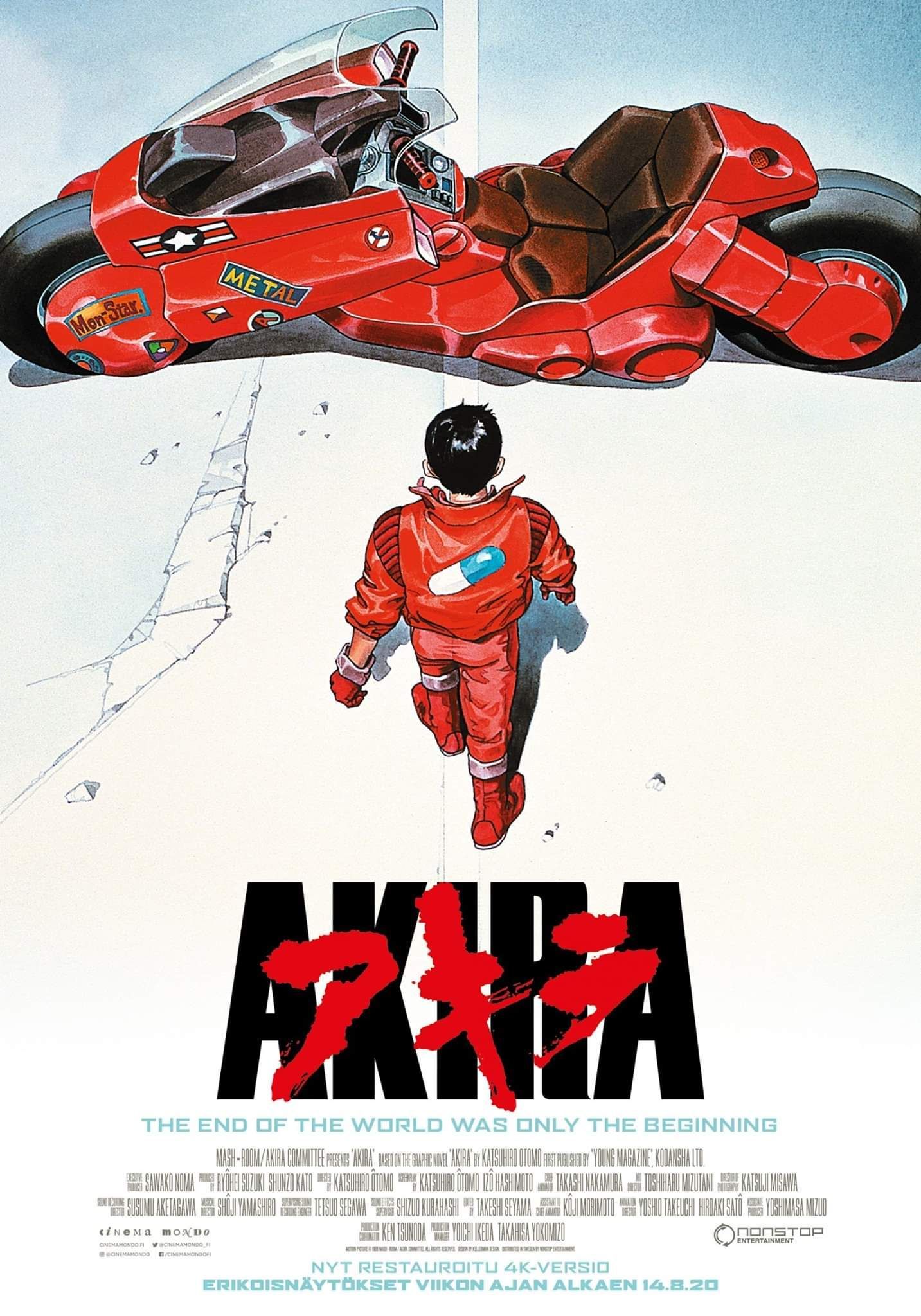
Akira
- Release Date
-
July 16, 1988
- Runtime
-
124 Minutes
- Director
-
Katsuhiro Otomo
- Writers
-
Katsuhiro Otomo, Izô Hashimoto


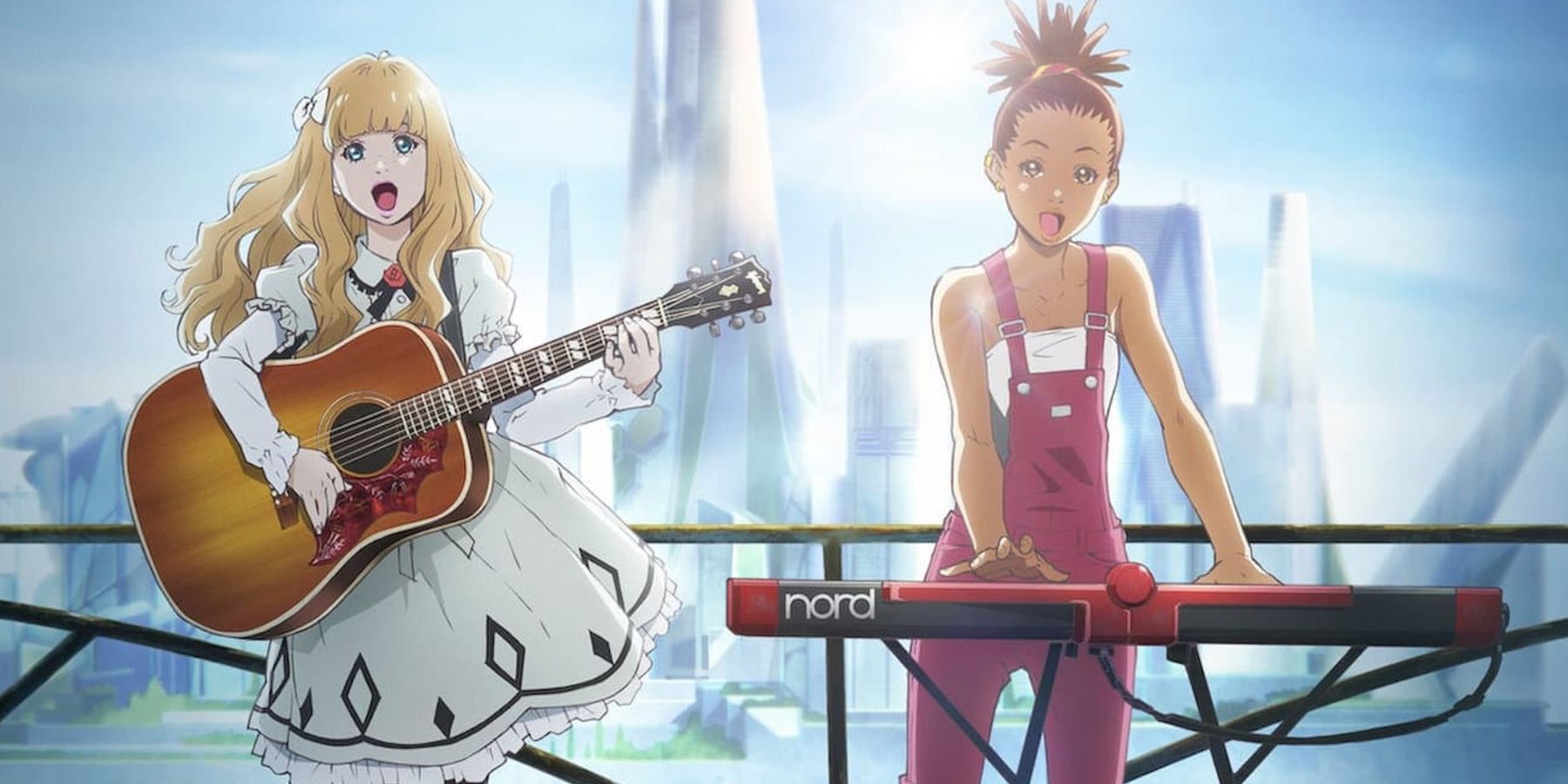








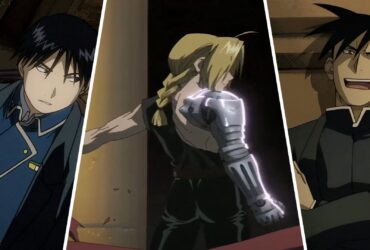
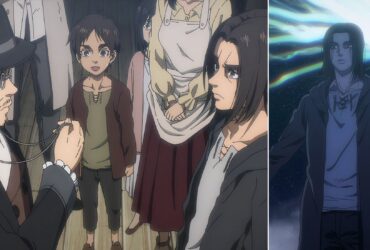
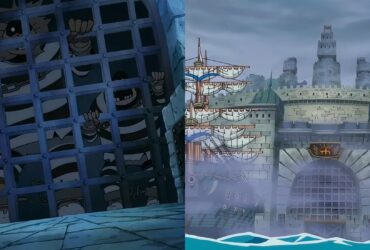

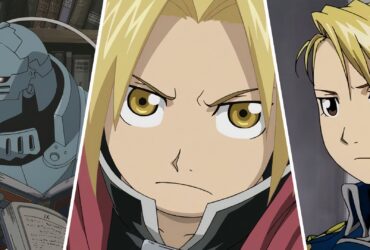
Leave a Reply